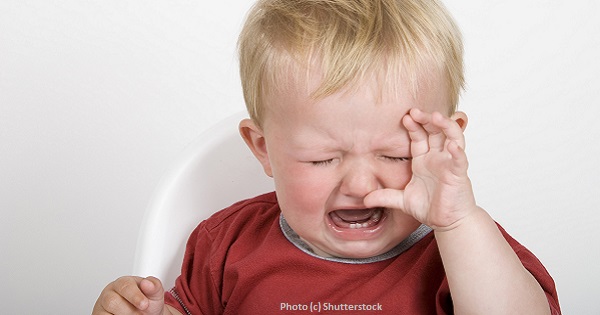 |
A parent does not take responsibility, over identify, or feel a need to do anything about the child’s emotions when validating. They know it is the child’s experience and responsibility, and their’s alone. They may set boundaries as a confident, knowledgeable leader and work with the child about how, what, or where the emotion may be expressed so that other’s rights and choices are also respected. “You aren’t happy about what you're sister did, I get it! I have to keep her safe too, so later let’s talk about what to do when you feel angry, or better yet maybe you will come up with your own idea first! I will always try and be here to protect both of you when someone is unable to control themselves.” Validation creates strength, emotional intelligence, social skills, promotes independence, and improves parent/child relationship. Yay! That’s what we want, right? Coddling When coddling, parents acknowledge the child’s emotion, then take on responsibility to make it go away by doing something like fixing or indulging. When coddling, parents may dramatize situations, blame others for their child’s problems, become over involved, and infantilize the child. Coddling is distrust in the child’s ability to handle situations and emotions on their own. It includes an energy of anxiety that the child picks up on, making it even harder for them to accept emotions and gain emotional intelligence. It might sound something like, “Oh baby what’s wrong? No, no, don’t be sad; I’ll give you the toy you want/call your teacher/make her give you your XYZ back to make you feel better. Don’t worry.” Coddling parents often have issues setting appropriate limits. They give the child power over their emotions and actions, a power which a child cannot handle. The child will continue to test the parent to find where the boundaries lie, and to try to ask – through their actions – the parent to take on a leadership role. Through the practice of coddling, the child gets the message, “Mom/dad thinks I am a baby and doesn’t think I am capable of handling my life on my own. She/he will fix my problems or give me what I want when I cry, yell, scream, hit, threaten etc. I can control others with my emotions and I deserve for others to do what I want if I am upset.” Coddling leads to learned manipulation, feelings of helplessness and victimization, dependence, disempowerment, and entitlement. It harms the parent/child relationship due to lack of trust and true unconditional acceptance as well as feeling controlled and babied. So let’s validate our children's emotions, not coddle them. Jacqueline King-Presant, M.Ed. is a child development specialist and consultant.
| |






